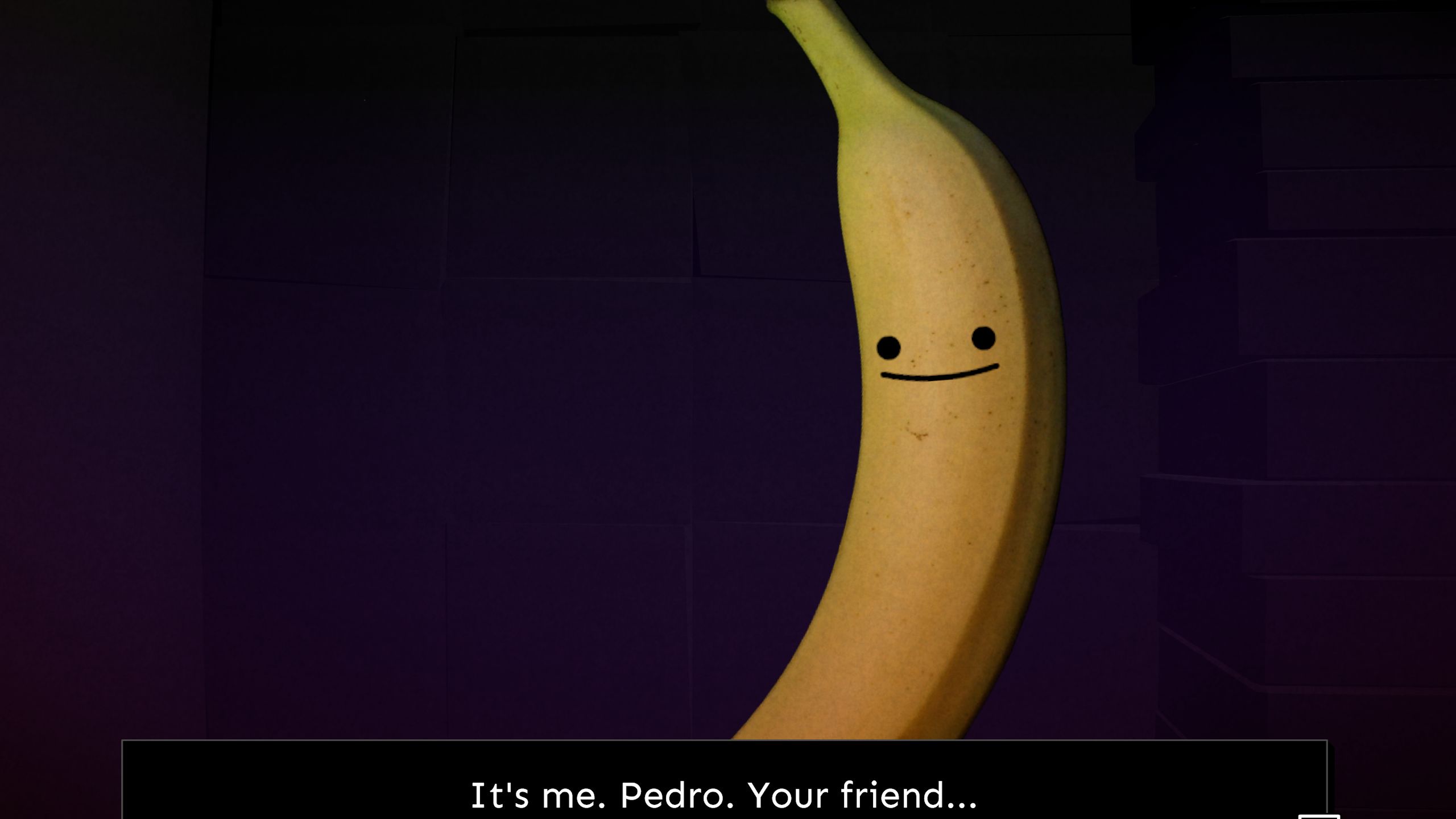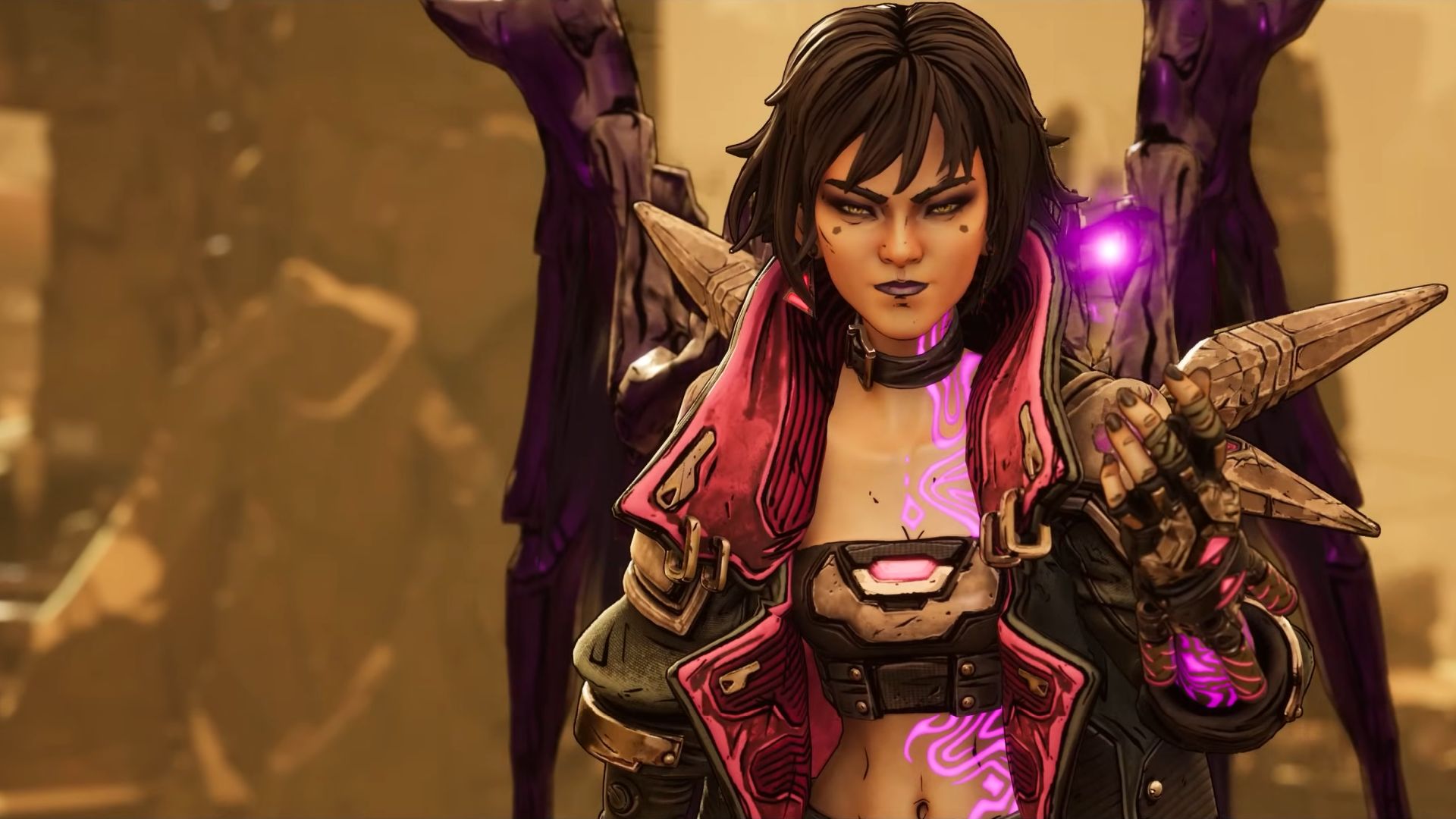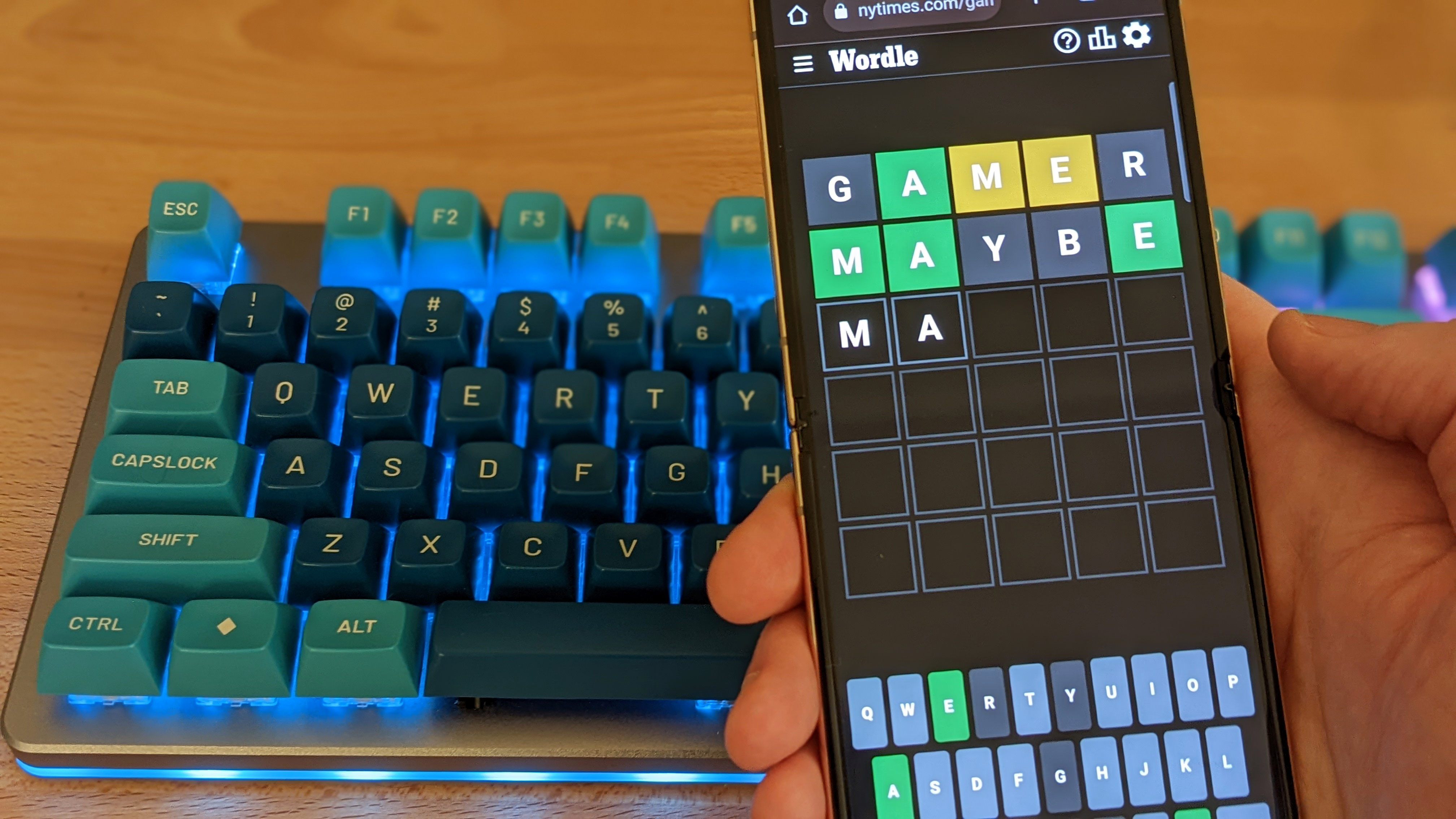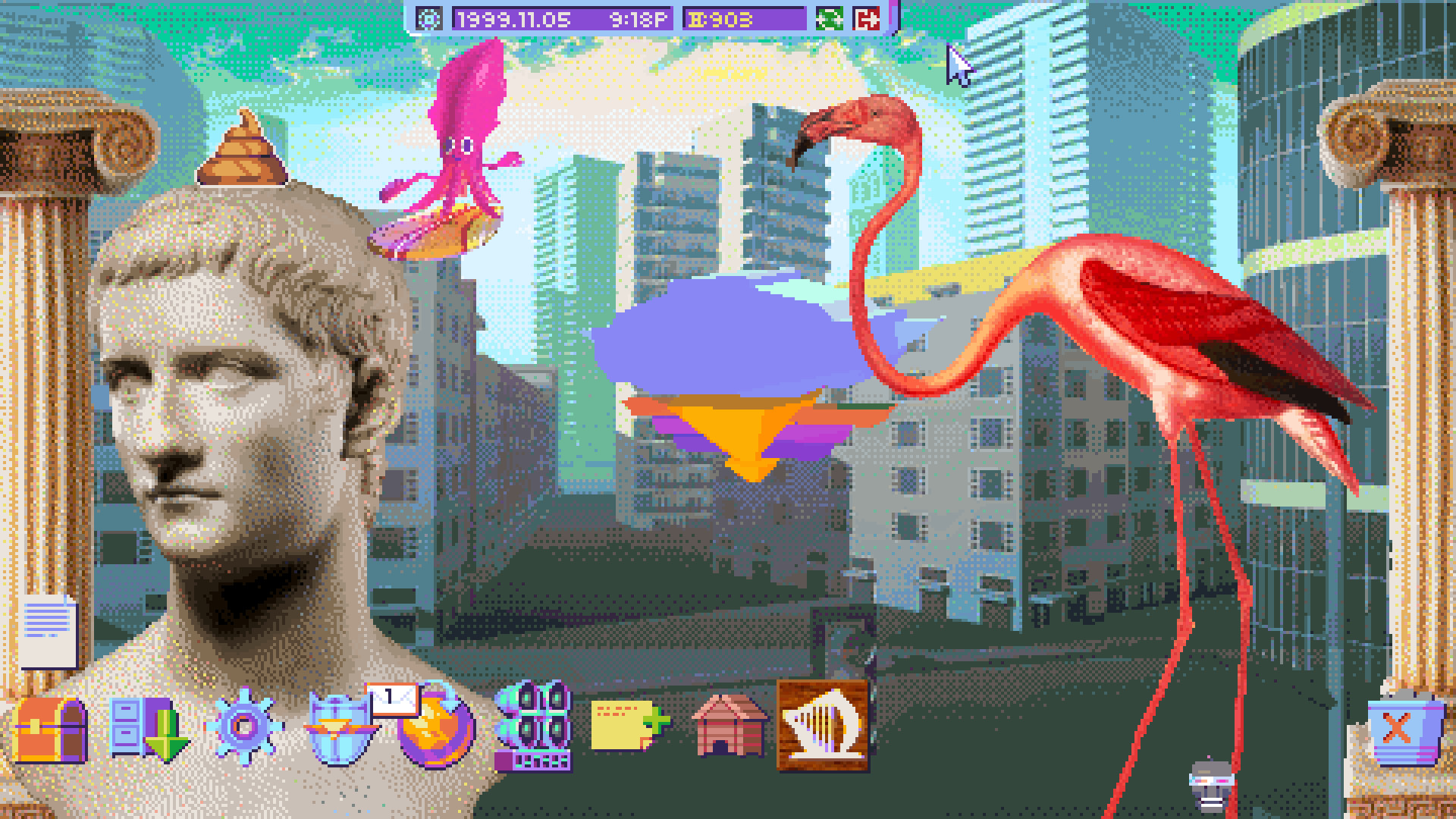
Ex-Starfield Dev Surprised by How Much Loading the Game Launched With
One of the big criticisms Starfield players have with the game is the over-abundance of loading screens. When Bethesda’s sci-fi epic launched last year, fans were surprised by just how often you’d trigger loading, from on-foot traversal to simply heading into city buildings. Players said Starfield’s loading broke immersion and added frustrating pauses to gameplay, and modders have worked to remove as much of it as possible over the past year.
The city of Neon was a particular focus of loading complaints. This cyberpunk-style urban area would often trigger a loading screen just for opening doors, some near to each other, which made questing annoying.
But did it have to be this way? In an interview with VideoGamer.com, developer Nate Purkeypile, who worked at Bethesda Game Studios from 2007 before leaving in 2021 to found Just Purkey Games, revealed his surprise at the sheer amount of loading the game ended up launching with, particularly in the city of Neon.
“It could have existed without those [loading zones],” Purkeypile said. “Like, some of those were not there when I had been working on it and so it was a surprise to me that there was as many as there were.”
So, why did Starfield launch with so many loading screens? Purkeypile said part of the segmentation of the game has to do with the way the Creation Engine, which Bethesda uses to make its games, works, and that has a lot to do with performance.
“A lot of it is gating stuff off for performance in Neon,” Purkeypile confirmed.
But what about New Atlantis, Starfield’s main city? It was designed with its train system in mind, but doesn’t let you sit on the train as it takes you from A to B. Instead, you get another loading screen. That decision, Purkeypile suggested, was more about having players not just sit there for the train ride.
Purkeypile was lead lighting artist and senior world artist on Starfield and left Bethesda two years before the game launched, one year before its original release date, and a month before its high-profile delay to 2023 was announced.
Ahead of Starfield’s launch, Bethesda development chief Todd Howard revealed that the game would release locked at 30 frames per second on both Xbox Series X and S to ensure “consistency” of performance.
“I think it’ll come as no surprise, given our previous games, what we go for,” Howard said at the time. “Always these huge, open worlds, fully dynamic, hyper detail where anything can happen. And we do want to do that. It’s 4K in the X. It’s 1440 on the S. We do lock it at 30, because we want that fidelity, we want all that stuff. We don’t want to sacrifice any of it.
“Fortunately in this one, we’ve got it running great. It’s often running way above that. Sometimes it’s 60. But on the consoles, we do lock it because we prefer the consistency, where you’re not even thinking about it.
“And we don’t ever want to sacrifice that experience that makes our games feel really, really special. So it feels great. We’re really happy with how it feels even in the heat of battle. And we need that headroom because in our games, really anything can happen.”
Since launch, Bethesda has worked to improve the game, with 60fps now possible as part of performance mode. Expansion Shattered Space launched in September.
Wesley is the UK News Editor for IGN. Find him on Twitter at @wyp100. You can reach Wesley at wesley_yinpoole@ign.com or confidentially at wyp100@proton.me.






